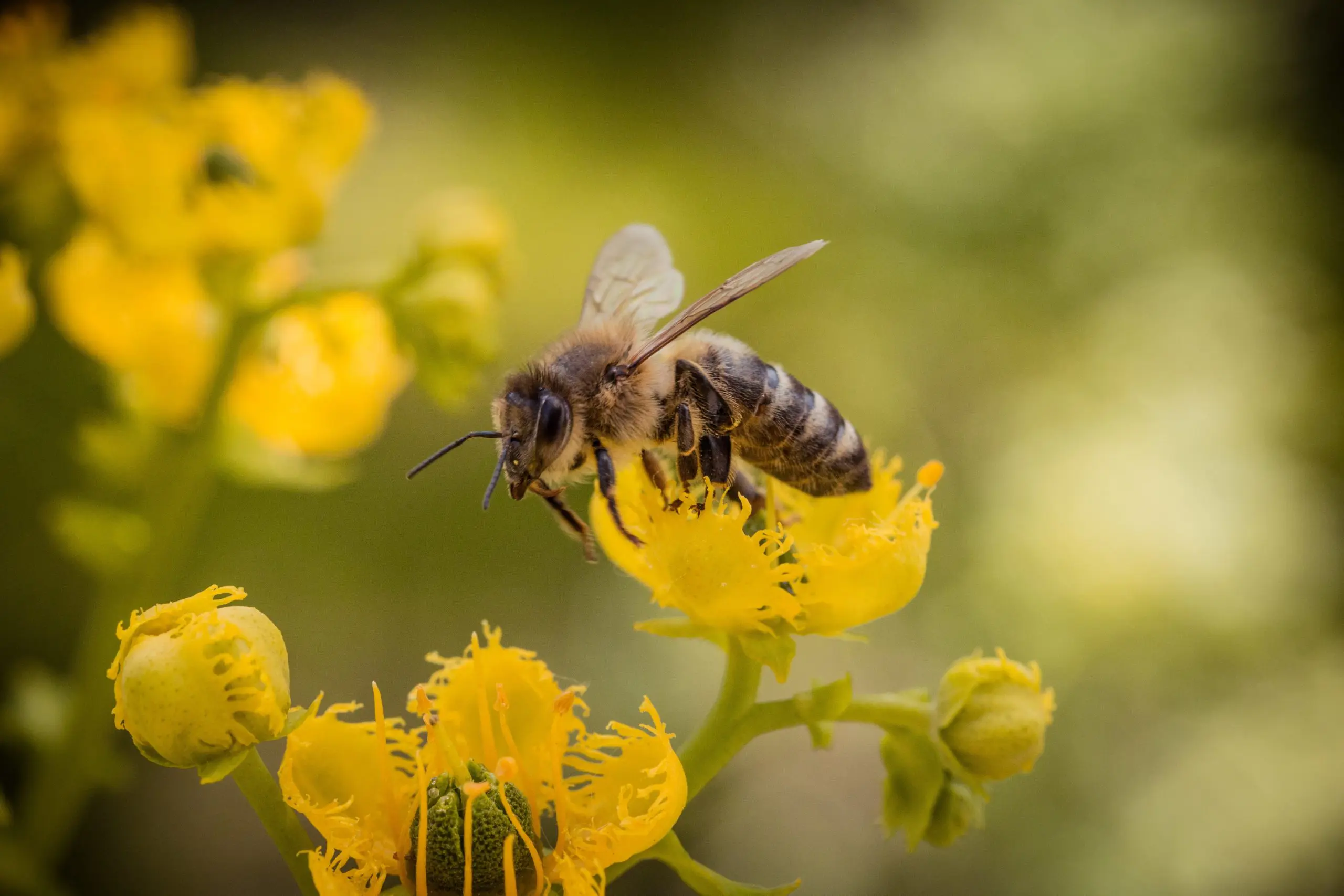Question
For many years, I have been going from my Missouri home to central Florida for the winter months, where I play in golf leagues. During this time, I have been stung at least 5-6 times per winter by fire ants. Previously, the stings started with a red spot, to a bump, and if left alone, would fester to a blister, taking a couple weeks to heal. Last October, I was on my condo deck barefoot and received about 50 stings. When I went back into my condo, I took an antihistamine and noted my face, was getting red. I tried driving to another family member's home. One the way, I became faint and wrecked my car. By this time, I was very sweaty, vomited, and lost control of my bowels and bladder. I was taken by ambulance to a local ED where I received treatment and a prescription for an epinephrine auto-injector. I question if the severe episode was an allergic reaction or my panic, as a couple of months later I was stung on the hand by a fire ant, picking up a golf club, monitored myself, continued to finish the round of golf -- no reaction, but the sting festered as always, and took a couple of weeks to heal. I'm getting ready to go back to Florida, and I will probably be stung again. What would you recommend I do to further evaluate this problem?
Answer
You are strongly urged to see an ABAI board-certified allergist in Missouri or Florida and be evaluated for hypersensitivity to fire ants. Here’s why: the event you suffered in October after the 50 stings was an anaphylactic (severe allergic) reaction. We know that about 50 people die every year from allergic reactions to insect stings, including fire ant stings. Sometimes the deaths are due to severe breathing problems and sometimes they can be due to passing out while doing something dangerous like driving, just like you were doing. We also know that after a severe allergic reaction, when people are stung again, they do not always have a severe reaction. In fact, the chance of this reaction happening again is about 50-60%. Therefore, it is not surprising that you did not react the next time you were stung. However, this is not reassuring, since that 50-60% chance of having an equally severe or worse reaction remains with each subsequent sting! If you see an allergist and are an appropriate candidate for desensitization (immunotherapy) to fire ants, your chance of having a future reaction can be reduced to 2-3%! So my advice to you is to see an allergist and get evaluated, and start fire ant immunotherapy if you are an appropriate candidate – so that you can enjoy your golf vacations in Florida again without worrying about every fire ant you see.For more complete information on fire ant sting allergy
Question
I recently had a bad reaction to a wasp sting (wheezing and hives) and had to go to the ER for treatment. I was given a prescription for epinephrine to carry in case of future stings. My family doctor has told me I need to see an allergist to get on allergy shots for the wasp stings. What is the difference between the epinephrine shot and an allergy shot for the wasp sting - aren't they the same thing?
Answer
Epinephrine and allergy shots for stinging insects are definitely not the same thing!
Epinephrine is an emergency medication for allergic reactions like the one you had to the wasp sting. An auto-injector, such as an Epipen, should be carried at all times in the event of another severe sting reaction. Some injectors come in two-packs, so that if the reaction is severe and prolonged, a second injection can be given while you are on your way to receiving emergency care. Therefore, a two-pack should not be divided up.
Unfortunately stinging insect reactions are unpredictable in how severe they will be from one instance to the next. Following one sting reaction, the next sting by the same type of insect is up to 70% more likely to cause another systemic reaction. A sting reaction can be life threatening and even fatal. And people can be allergic to more than one stinging insect, including wasps, hornets, yellow jackets, bees, and, in some parts of the U.S., fire ants. In the case of stinging insects, there is specific treatment that prevents severe, life threatening anaphylaxis (severe allergic reaction).
Venom immunotherapy – also known as venom allergy shots – is actual insect venom given to allergic patients regularly over a period of time. By desensitizing gradually – with small but increasing amounts – people become less sensitive to the venom in time. Then, if they are stung, anaphylaxis or any systemic reaction is prevented. Venom immunotherapy is one of the best preventive therapies in medicine, with over 90% effectiveness in eliminating sting reactions. A board-certified allergist can evaluate your reaction, test you and, if appropriate, place you on venom immunotherapy to prevent future severe reactions.
Back to Resources
Insect Allergies
Find answers to popular questions about insect allergies.
